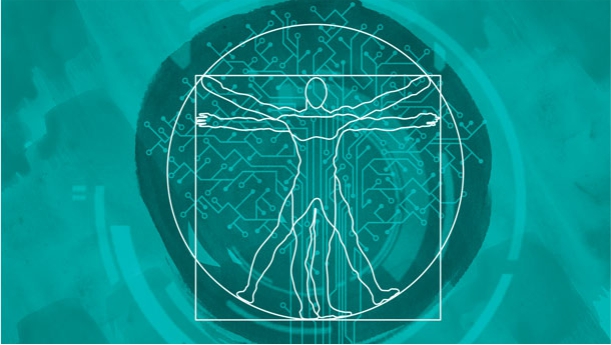
Deep technologies are now creating a revolution which has implications for every aspect of an organisation, resulting in new opportunities to thrive in the most technologically important era since the industrial revolution.
Log In or become an AIMA member to read more articles
